Ethnic minorities living in Ukraine being stripped of their rights is an issue that draws a great deal of attention internationally. How clearly did the participants attending the conference in Krakow see the situation?
The objective of the event was to discuss the framework for minority rights in Ukraine in light of Ukraine's intention to join the European Union. Now that the deadline is approaching, and an assessment will be made in the autumn regarding how the recommendations by the Venice Commission (the Council of Europe's independent constitutional expert body - ed.) have been implemented, Ukraine is trying to speed things up a little. On September 21, a so-called amending law was adopted, which representatives of the Ukrainian government cited to prove that the country has implemented 90 percent of the recommendations made by the Venice Commission in its opinion on Ukraine's new law on national minorities adopted in December 2022. The conference gathered attendees who are obviously aware of the situation of national minorities residing in Ukraine, probably also of the Hungarian community in Transcarpathia, but different organizations, government actors, leaders of European institutions have different goals and aspects, and different opinions were formulated accordingly.
Several speakers on the part of the Ukrainian government attended, and they obviously wanted to demonstrate that the country was ready to join the European Union, because they did everything and took good care of minorities by making so many concessions, just take the new amending law for instance.
So the role of Ukrainian government officials was to present the country in the best possible light in front of the European institutions, so that the European Union and the Council of Europe would say that 'yes, well done, Ukraine'.
What exactly is contained in the amendment to the minority law passed in September, which, as said, was adopted by Ukraine in order to show that the recommendations from the Venice Commission were fulfilled?
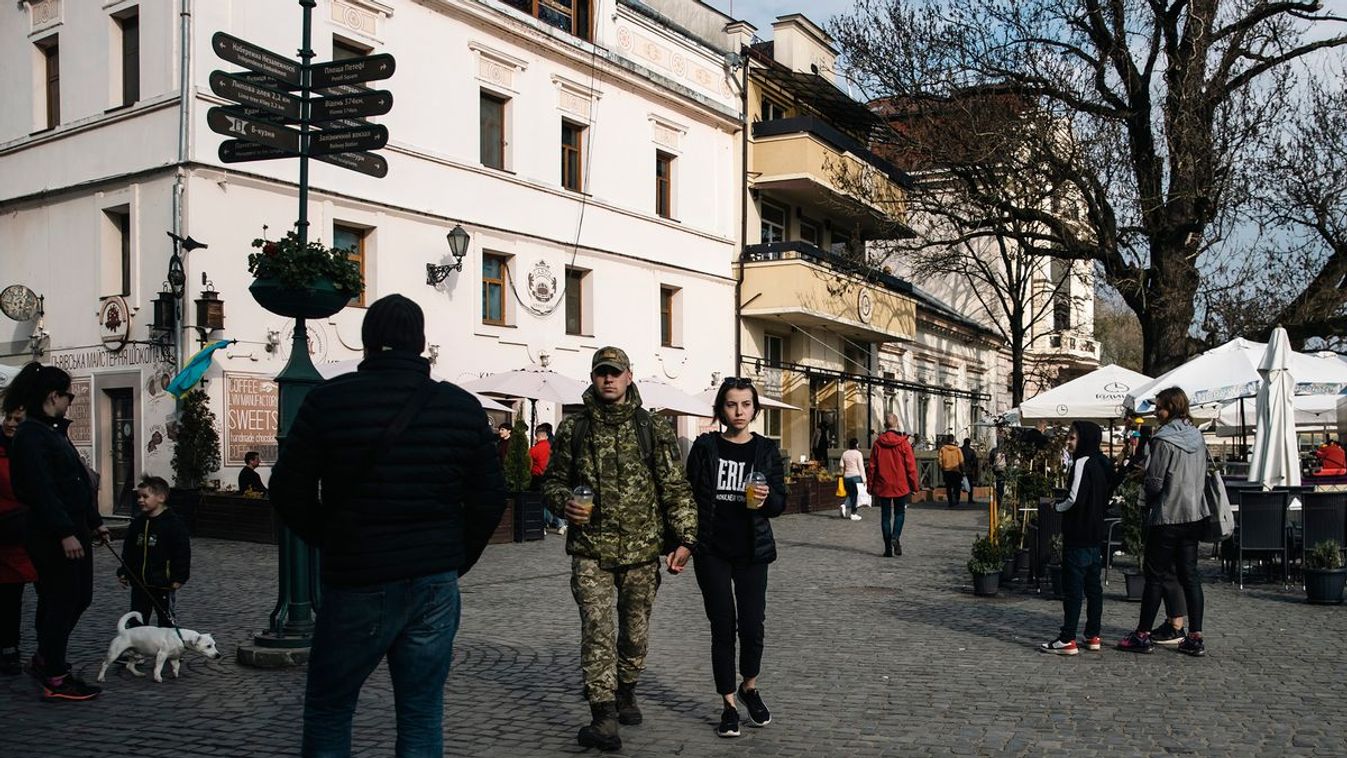



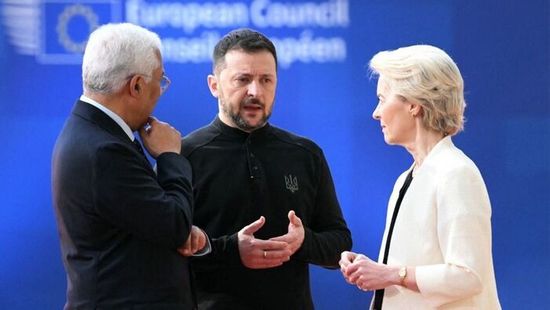

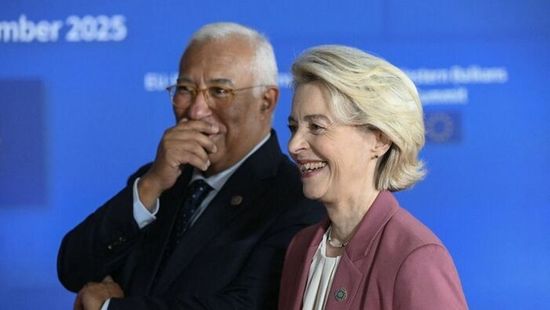


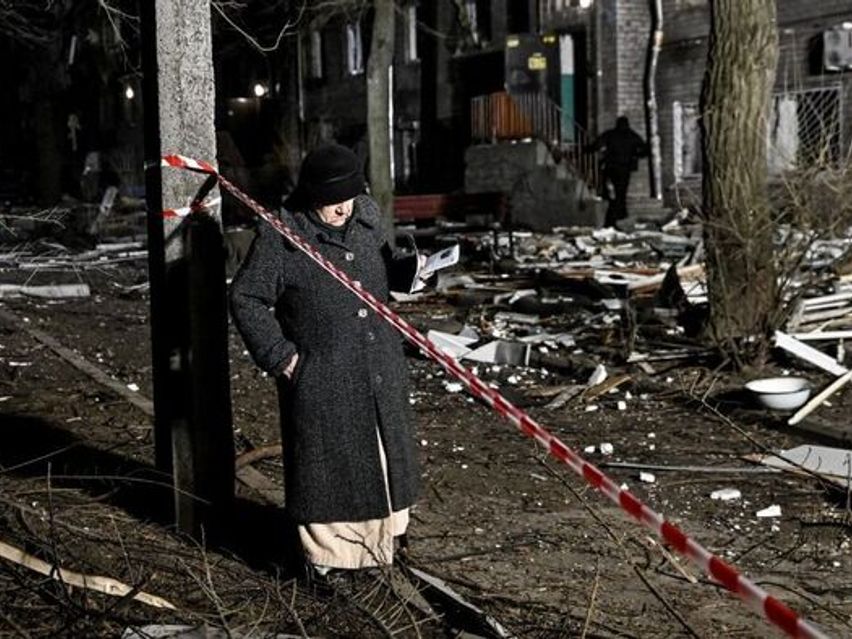
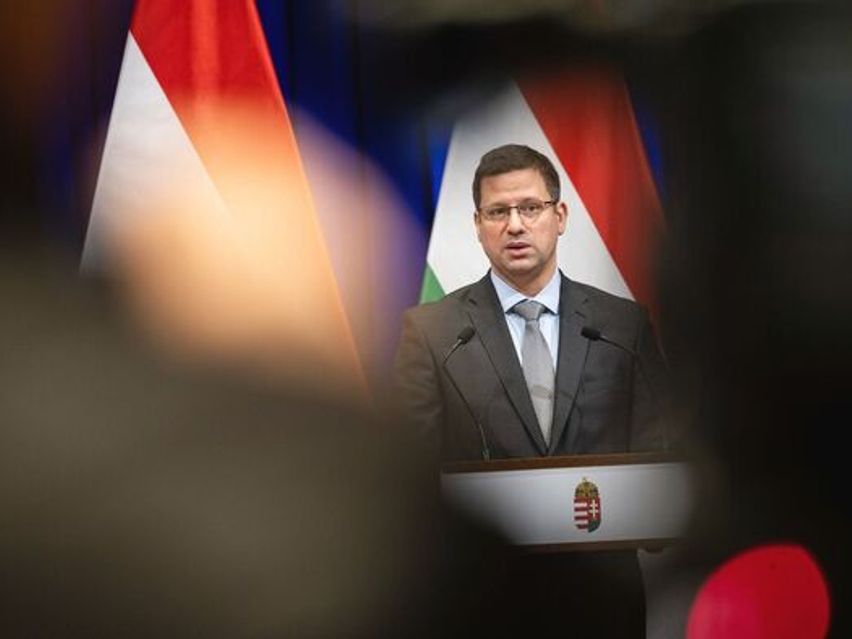
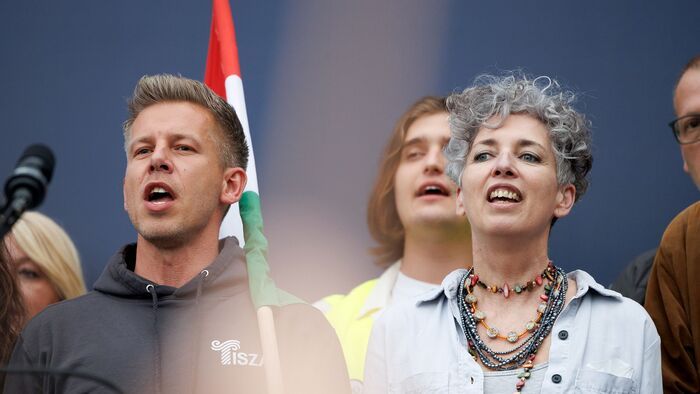






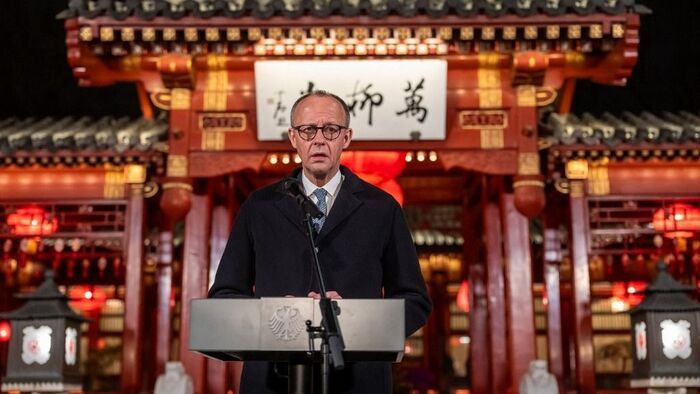
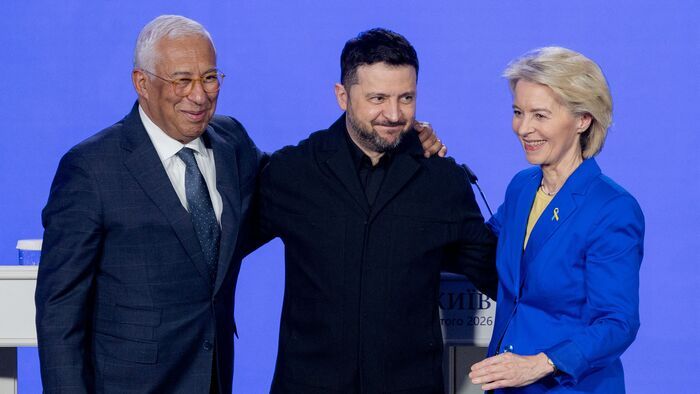




Szóljon hozzá!
Jelenleg csak a hozzászólások egy kis részét látja. Hozzászóláshoz és a további kommentek megtekintéséhez lépjen be, vagy regisztráljon!